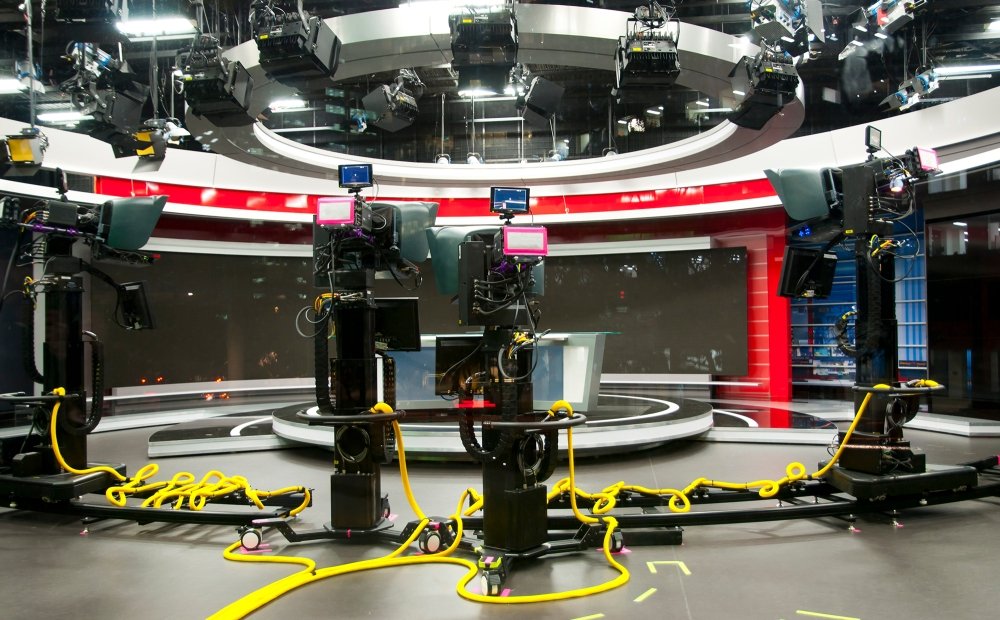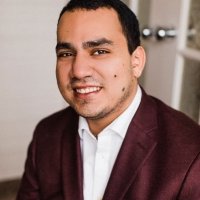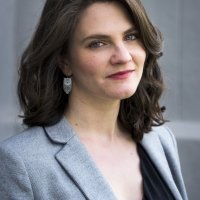Ground Truth Briefing | Misinformation, Disinformation, and COVID-19 in MENA

Misinformation and conspiracy theories about COVID-19 are spreading online like a global wildfire. For public health officials who are trying to keep public attention on scientific evidence and advice based on medical guidelines, this misinformation has the potential to do great harm. Some experts are calling this an “infodemic”, as misleading information about how the virus spreads and how it’s cured is reaching global audiences. In the Middle East, social media platforms have become ‘carriers’ of false messages like, “the virus causes infertility in men,” “drinking warm water every 15 minutes stops the virus” or if you’re religious enough, you’re “protected by God” -- complicating response efforts. In addition, false information about the origins of the virus have taken a political dimension, setting the stage for a regional battle for outside interests.
Selected Quotes:
Nina Jankowicz
"I was struck not by what made disinformation specific to the Middle East, Europe and the United States Different, but rather that it was a uniting trend. We are all dealing with an unprecedented onslaught of information from both legacy an social media."
"[L]ocal news is atrophying and people are trying fill that gap, and the remaining news rooms are trying to find new and innovative ways to connect with their audiences, but also to make money to break even, and this is an environment in which disinformation flourishes and thrives and we are all experiencing it."
Bayan al-Tal
"So misinformation and disinformation spreads really quickly, and lots of people and organizations do not post the denial or do not admit that they made a mistake, and that’s something we need to deal with as journalists and its important here…to refocus our work as journalists on the need to hold other journalists to account in addition to our work in holding the government to account and other organizations just so we can protect our profession."
Faisal al-Mutar
"The way I look at conspiracies, as far as that question: why do people believe them? …What they do is they offer a very simple understanding of how the world works, and they try to kind of create this confidence that you know more about the world than most people do and you have this mysterious information, and the fact that you are able to access it makes you much stronger and smarter."
Speakers


Introduction

Moderator

Founder, Sophias Strategies LLC; Former Fulbright-Clinton Public Policy Fellow
Hosted By

Middle East Program
The Wilson Center’s Middle East Program serves as a crucial resource for the policymaking community and beyond, providing analyses and research that helps inform US foreign policymaking, stimulates public debate, and expands knowledge about issues in the wider Middle East and North Africa (MENA) region. Read more


Science and Technology Innovation Program
The Science and Technology Innovation Program (STIP) serves as the bridge between technologists, policymakers, industry, and global stakeholders. Read more
